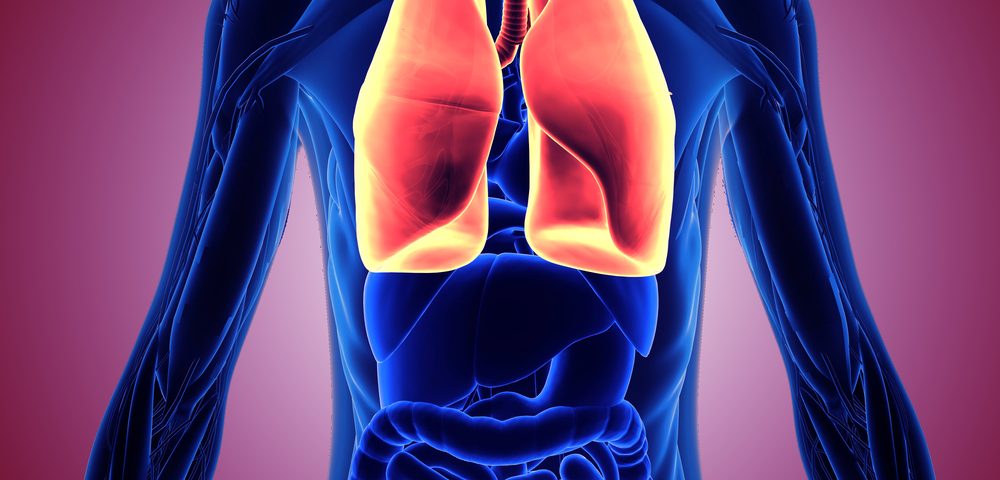A Japanese study of patients with malignant pleural mesothelioma (MPM) who relapsed after surgery showed that additional chemotherapy after relapse prolonged their lives.
The study, “Post-recurrence chemotherapy for mesothelioma patients undergoing extrapleural pneumonectomy,” was published in the International Journal of Clinical Oncology by a group of Japanese researchers.
MPM is a cancer that grows in the lining of the lungs. It is considered to be a man-made disease because it is primarily caused by exposure to asbestos fibers.
Patients whose cancer is limited to the chest cavity and has not spread to other parts of the body, and who are considered to be healthy enough, undergo extrapleural pneumonectomy (EPP). It involves the removal of a lung, a portion of the diaphragm, and the linings of the lungs and heart.
The goal of the study was to see how effective additional chemotherapy is in managing patients with recurrent malignant pleural mesothelioma who relapsed after EPP. In some cases, additional chemotherapy is not advisable because patients who have undergone EPP may have weaker lung and heart function and health, or cardiopulmonary reserve. The study also explored whether additional chemotherapy is feasible in this patient population.
In this study, researchers followed 59 patients with MPM, 39 of whom relapsed after EPP. They ranged from age 37 to 71, and 31 were males and eight were females. Patients were followed from July 2004 to August 2013.
Most patients (92%) completed three cycles of chemotherapy before undergoing EPP, and 69% received radiotherapy to the chest after the surgery. Still, the median period of time it took to relapse was 11.6 months.
Among the 39 patients who relapsed, all chose to undergo additional chemotherapy at the time of recurrence. However, the treatment was contraindicated for 12 of them, and six were not able to complete the full chemotherapy regimen. Overall, 21 patients (54%) received more than three cycles of intravenous chemotherapy.
The median survival time after EPP was 39.2 months in the group who underwent chemotherapy treatment, compared to 12.2 months in the 18 patients who either did not have, or complete, additional chemotherapy.
Similarly, the median survival time after recurrence in the chemotherapy group, 12.8 months, was also significantly longer compared to 3.1 months in those who did not receive post-recurrent chemotherapy.
“Additional systemic chemotherapy was successfully administered in more than 50% of relapsed patients after bi-/tri-modal treatment, which included EPP, and resulted in a longer survival in comparison with best supportive care alone,” the study concluded.


